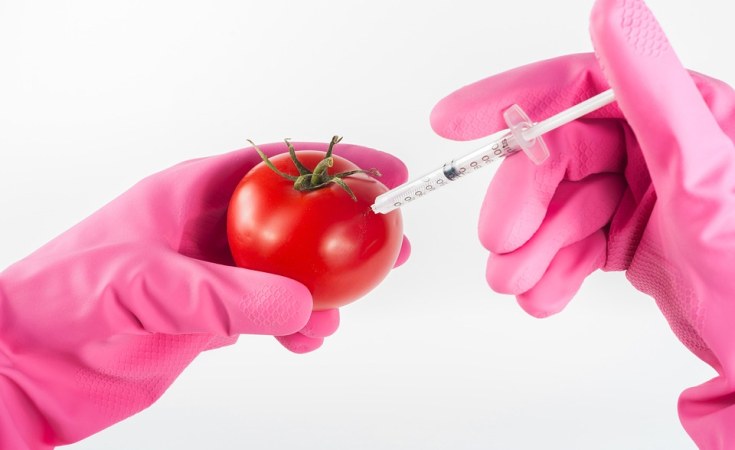Parliamentarians on Wednesday questioned if genetically modified organisms (GMO) maize imports would be allowed in the country due to the El Nino induced drought in the Southern African region.
President Emmerson Mnangagwa declared the drought a national disaster joining Zambia and Malawi.
Addressing the media at the State House, Mnangagwa said over 2,7 million people require food aid.
The government policy does not allow any GMO products to be produced locally owing to further studies needed on the food production science involved.
Mashonaland West Youth Quota representative in the House Mutsawashe Ziyambi asked Speaker Jacob Mudenda if the government would allow the importation of genetically modified maize from other nations.
"Hon. Speaker, this year the country has experienced climate change-induced drought and in line with that, what is the government's policy with regards to the importation of maize GMOs," Ziyambi said.
Acting government business leader in Parliament Amon Murwira told the Speaker that the government would import maize GMOs under strict conditions to avoid environmental contamination.
"The government is very clear on genetically modified organisms, particularly maize in this case. When maize comes into the country, before consumption by either animals or people, it is grinded or milled.
"So the policy is that yes, we can import, but under very special circumstances and handled under very special circumstances to avoid the contamination of the environment. So the policy is to grind or mill before use and store appropriately," Murwira said.
Ziyambi further queried how the government would manage those partners or countries bringing in the GMO maize imports.
"In line with that Hon. Speaker, we all know that in a drought year, UN Agencies such as NGOs and faith-based organisations will be granted permission to bring in food or maize into the country to alleviate hunger in the population. What policy is in place to ensure that these UN Agencies do not bring in genetically modified maize?" he added.
Murwira, who is also the Higher and Tertiary Education Minister responded, "It does not matter who is bringing the maize. When maize comes, even if it had legs and walked into the country, we would still grind it or mill it. I hope I am being figuratively clear."
He added, "It does not matter whether it is the UN, an individual, government itself, or private companies that bring in maize. As long as it comes within the jurisdiction of Zimbabwe, the law says it is stored in special places and milled before use by either animals or people. So this policy applies across the board and it is the duty of the National Biotechnology Authority working together with the Ministry of Agriculture, to ensure that there are no violations of this. If there are violations, then it means it is against the law."
Chipinge East legislator Lincoln Dhliwayo asked how the government would make the importation cheaper and adequate for the people.
"Apart from allowing the GMOs, what else is government doing to try and improve the volume of imports, especially by the private sector and also to try and lower the cost of importing that maize," Dhliwayo said.
The Speaker dismissed the question saying it was a fresh question which had nothing to do with GMOs.
Citizens Coalition for Change (CCC) Makoni Central MP Patrick Sagandira requested an answer on government's policy regarding GMO maize farming.
"What is the policy regarding the farming of GMOs in Zimbabwe?"
Murwira responded: "Currently, there are controlled experiments on cotton. The policy does not allow at this moment to do anything outside of cotton.
"We are in the process of understanding the science before policy can allow such a movement.
"The movement that is there is on cotton and there are controlled places where this is happening under the supervision of the National Bio-Technology Authority. Hon. Speaker Sir, the policy at this moment does not currently allow the growing of genetically modified maize in Zimbabwe."


